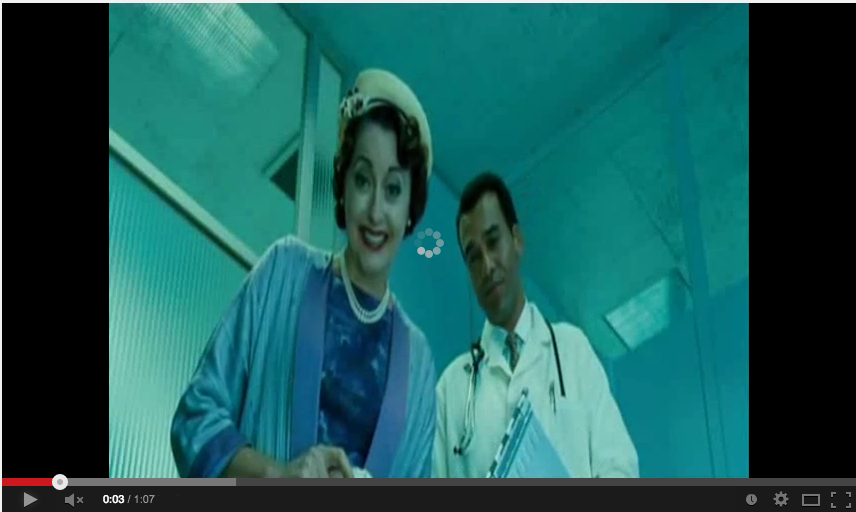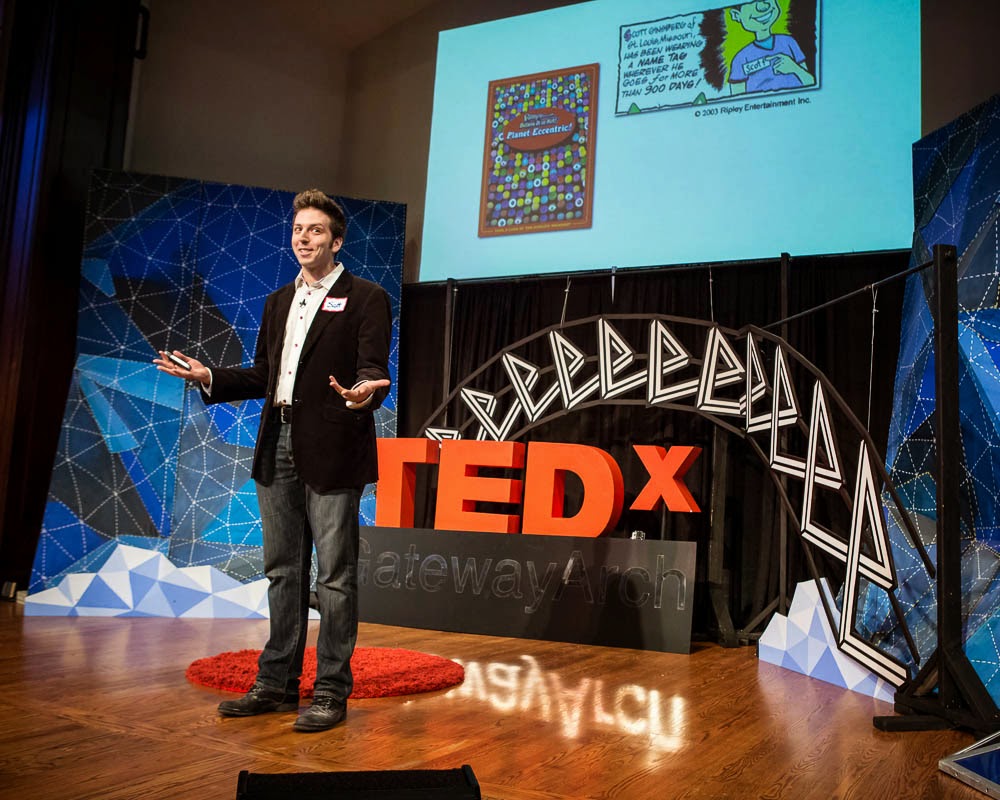

l creativity begins with the moment of conception.
That little piece of kindling that gets the fire going. That initial source of inspiration that takes on a life of its own. That single note from which the entire symphony grows. That single spark of life that signals an idea’s movement value, almost screaming to us, something wants to be built here.
And so, in this new blog series, I’m going to be deconstructing my favorite moments of conception from popular movies. Each post will contain a video clip from a different film, along with a series of lessons we can learn from the characters.
Today’s clip comes from the Woody scene in I’m Not There:

What can we learn?
Scratching itches early and often.Dylan’s moment of conception is
well documented. It started with a book. Guthrie’s autobiography inspired him
to begin mimicking the folk hero’s speech patterns and songwriting style. Years later, when his idol became ill, the moment of conception continued.
Dylan tracked down his hero at the psychiatric hospital, played a song he wrote
just for him, and the tune was met with the legend’s approval.The rest was history.Pardon the pun,
but this scene strikes a chord with me. Growing up, I never needed to run away.
I was fortunate enough tofloat
on a tsunami of in house support.A family of joiners. People youdon’t even have to ask. People
who believe saying yes to others is the ultimate love language. People who
just want to be part of everything. Whatever you’re doing, whatever you’re
thinking, whatever you’re feeling, they’re happy to be there. Physically,
emotionally and spiritually. On board at a moment’s notice. It’s the opposite
of pulling teeth. Relentless affirmation. Instant encouragement. Endless
participation. Radical acceptance. You’re never met with a tilted head. The
point is,we all need a secure human base to operate from. People in our
corner to support us. Even if it’s just one person sitting in hospital bed,
holding our highest vision in front of us. That can be enough to send an artist
on a creative trajectory that lasts a lifetime.What
support system can you count on?
Getting lost in somebody else’s dream. The smartest move I made in
the early years of my writing career was moving back in with my parents. Their
support gave me something more valuable than money, which was the ability to be
brave. Since I had no debt to cover, no spouse to support, no kids to feed and
no rent to pay, I could afford to invest every dollar I earned back into my
business. I could take substantial risks with my creative work. And I could
bear the brunt of failure without significant financial losses. Of
course, that’s not the norm for many creators.
Dylan makes no mention of his family of origin or heritage in his own
autobiography. As the movie portrays the mythology, he skipped town and fled
across the country like an orphan with no direction home and only ten dollars
in his pocket. And so, having
grown up in a healthy, creatively nurturing community, it’s hard for me to
fathom the psychological damage young artists must experience when they’re
blinded by the dangling sword of family disapproval. Imagine trying to find your voice as an
artist with a layer of disapproval over everything they do. Yet another reason
to be sick with sweet gratitude for growing up with a solid support structure. If your family would support anything you chose to do,
what would you do?
Quality is
surprisingly overrated.Dylan couldn’t sing. Or play guitar. But that
didn’t stop him from selling a hundred million records, rewriting the rule of
pop music and becoming the most influential musical figure of the twentieth
century. Proving, that talent is helpful, but sometimes, there are bigger
creative fish to fry than simply being good. If your art represents something
important, builds an emotional connection, tells a remarkable story, starts a
movement, inspires a revolution, changes popular culture, defies the norm,
crosses categories, gives voice to a new generation or raises global
consciousness, thenqualityis
neither here nor there. Job number one is to create an exhibition of love
through your art. Dylan knew that intuitively, that he didn’t have to be great
to get started, but he had to get started to become great. And that over time,
his shortcomings would be eclipsed by his mighty love.Are you spending time increasing your talent or increasing your character?
What did you learn?
* * * *
Scott Ginsberg
That Guy with the Nametag
Author. Speaker. Strategist. Filmmaker. Publisher. Songwriter.
scott@hellomynameisscott.com

Never the same speech twice. Customized for your audience. Impossible to walk away uninspired.
Now booking for 2014-2015.
Email to inquire about fees and availability. Watch clips of The Nametag Guy in action here!
